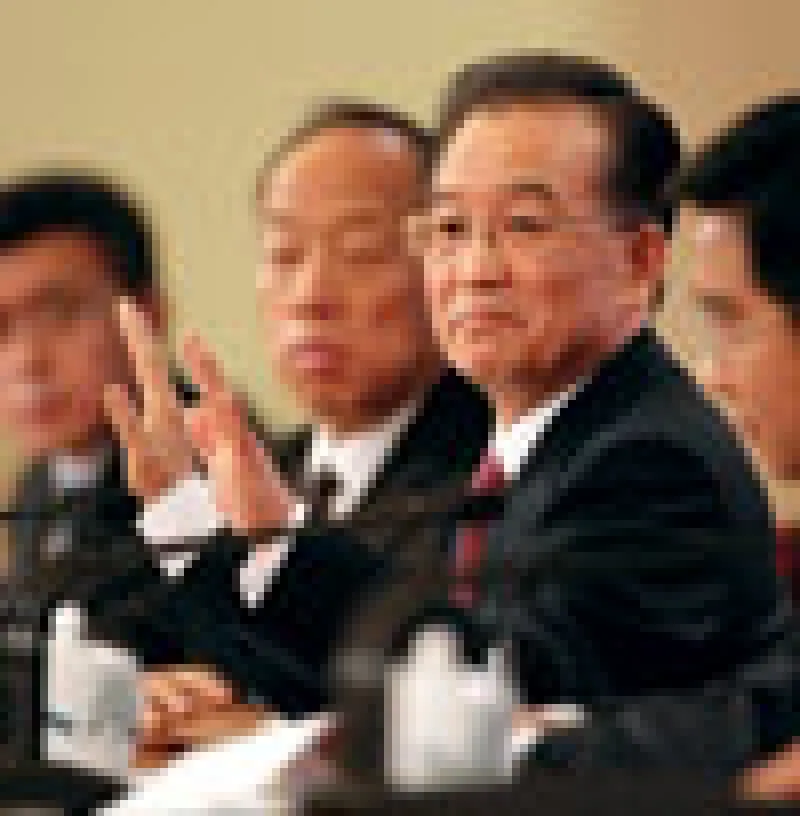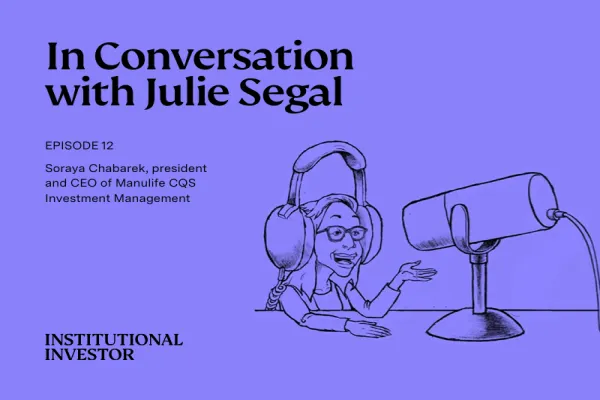I remember Chinese New Year 2002, shortly after China entered the World Trade Organization. I attended a banquet hosted by Chinese generals. As they devoured expensive Australian lobster and downed glasses of Hennessy XO, they asked me whether I, as an economist, believed that the WTO would change China. I thought for a moment and responded, “No. China will change the WTO.”
And it did. That’s been the pattern. China doesn’t change. It’s the world that changes in response to China.
Consider the planeloads of American politicians who visited China not so long ago, wagging their fingers about human rights, trade imbalances and exchange rates — this even as China was bolstering the American economy, buying up billions in debt. That was then. Now the American officials still come. But they don’t come to lecture. They come to petition for help, often for financial aid, ever mindful that “kowtow” is a word originating in China.
Two events in 2001 empowered China: First, China’s admission into the WTO, and second, its selection to host the 2008 Summer Olympics.
At last, China had arrived, and nothing has been quite the same since.
Witness the manner in which China flexed its new muscle with Germany and France over Dalai Lama visits, and its detention of employees of Australian mining company Rio Tinto on suspicion of stealing state secrets. No more kid gloves.
For the Olympics, China perfected an almost Orwellian security apparatus, with a huge police presence and careful monitoring of key foreigners. The media galvanized nationalism with sinocentric fear of external interference. China blamed its problems on the West. This was not the idea behind inviting China into the WTO and to host the Olympics.
The financial crisis gave China all the more reason to dismiss distasteful Western notions, such as open capital markets, free-floating currencies, democracy and religious freedom. Visiting Beijing in June, U.S. Treasury Secretary Timothy Geithner assured students at Peking University that the country’s assets were “very safe in Washington.” He was met with laughter.
China has in effect declared the Washington Consensus dead and seems intent on constructing its own consensus. In a recent meeting with Brazil, India and Russia, China called for an alternative settlement currency to the dollar. Such moves reflect the changing geopolitical and economic landscape. The U.S., bogged down by war and overextended credit, no longer holds the high ground.
China, learning from the West but not changed by it, sees an opportunity.
Laurence Brahm is a Beijing-based American lawyer and economist, and an adviser to China’s ruling State Council.
See related article, "China Wants to Reshape the International Financial System".






